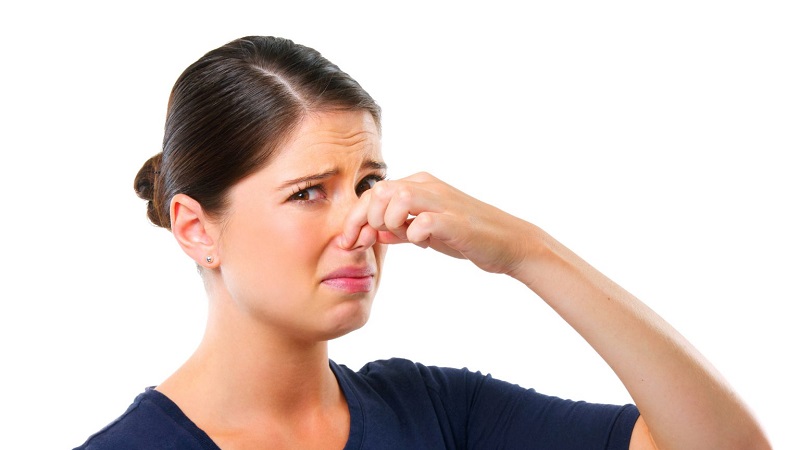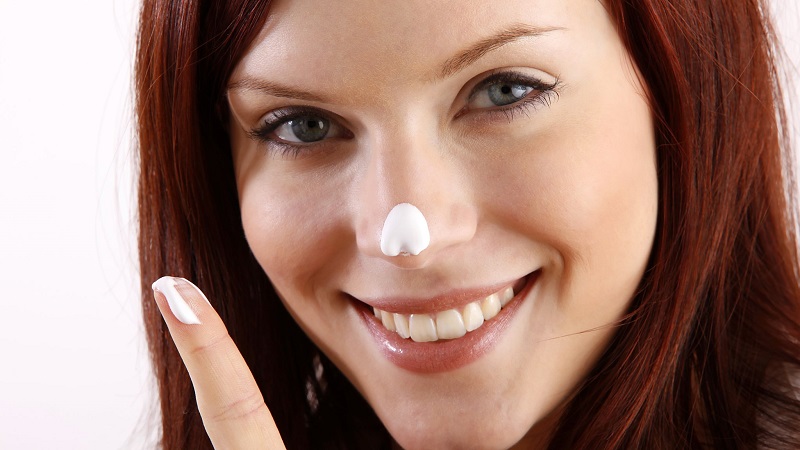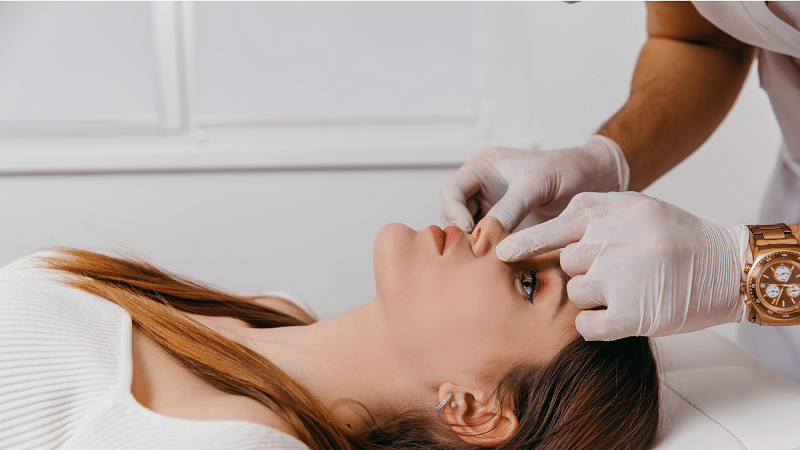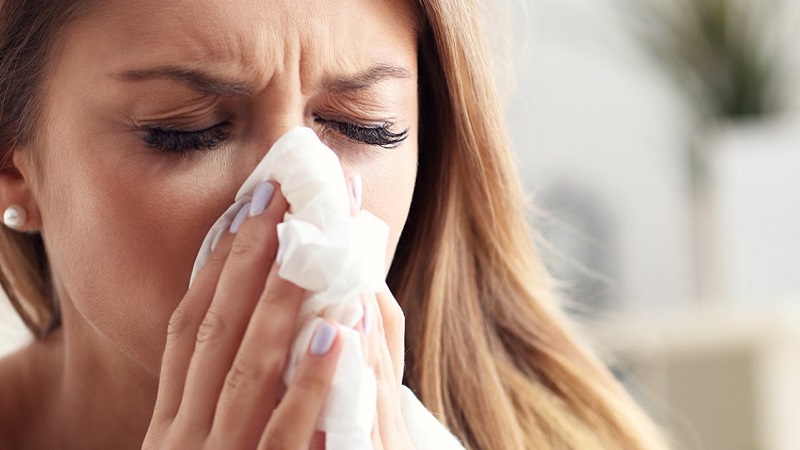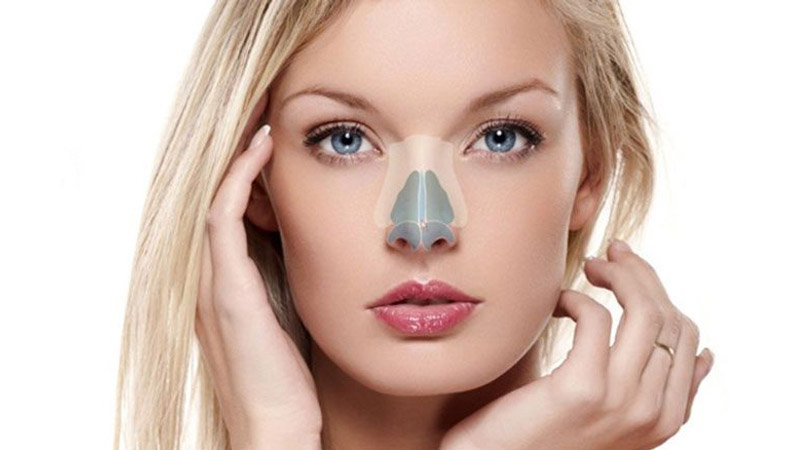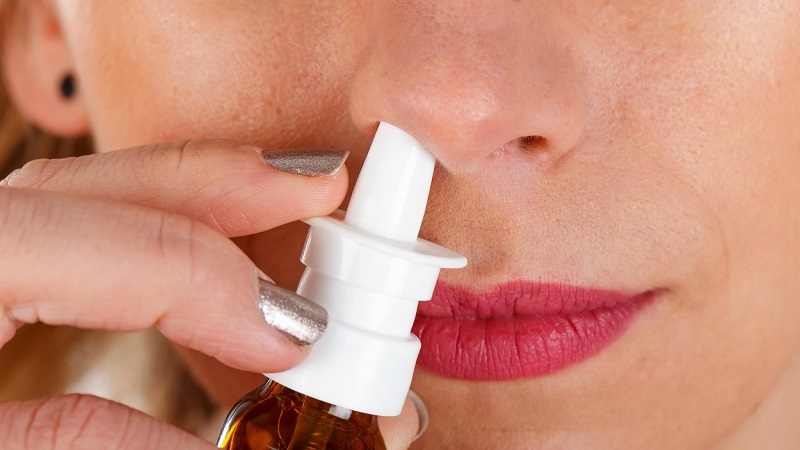Investigating the reasons for using ointment after nose surgery
Taking care after rhinoplasty is essential to ensure recovery and minimize further complications. One of the important aspects of care is the use of ointment after nose surgery. Ointments are prescribed to patients for various reasons and patients should use them regularly. Understanding the importance of ointment after nose surgery can significantly affect the results of the surgery. In the continuation of today's article, the site of Dr. Behnam Khorrami (Best of nose surgery – Jaw surgeon of Isfahan) علل استفاده پماد بعد از عمل بینی را مورد بررسی قرار می دهیم.
Reasons for using ointment after nose surgery
After nose surgery, the doctor provides a series of necessary care to the patient, and ointment is one of them. Ointments have anti-inflammatory and antiseptic properties and should be used as directed by the doctor after the tampon is removed. Ointment is used after nose surgery for several purposes, which we will explain further:
Reduce dryness:
Ointment It helps keep the inside of the nose moist. Nasal passage after surgery may become dry due to reduced air flow and healing process. Dryness can lead to sensitivity, bleeding after nose job and other problems.
No crust formation:
Nasal crusting is a common occurrence after surgery. This problem can lead to discomfort and blockage of the nasal passages, potentially interfering with breathing. Ointment helps prevent crusting.
Reduce infection:
Ointment after nose surgery acts as a protective barrier on the delicate tissues of the nose. Ointment protects surgical incisions from external stimuli such as dust, pollen and pollutants..
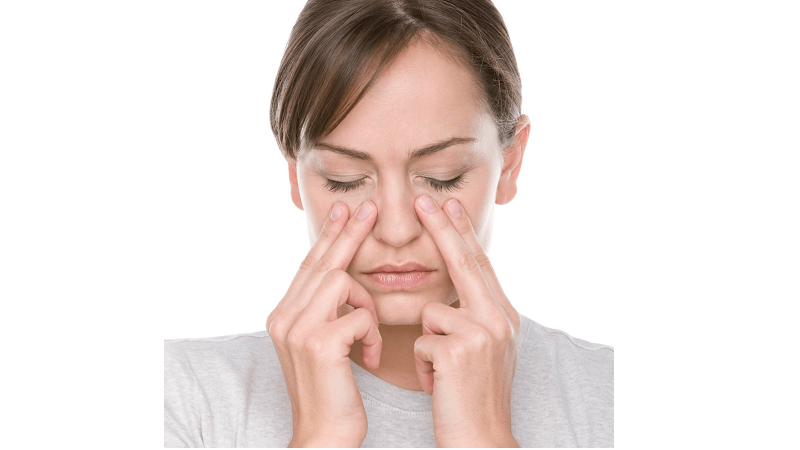
Faster recovery:
Some ointments contain antibiotics or antiseptics. Others may contain soothing agents such as aloe vera or vitamin E that can help reduce inflammation and repair tissue..
Scar reduction:
Proper wound care is important after surgery. ointments They keep the cut area moist and can speed up the wound healing process.
How to use ointment after nose surgery
In the following, we will mention how to apply ointment after nose surgery:
- Wash your hands well: قبل از استفاده از پماد دستهای خود را کاملاً با آب و صابون بشویید تا از ورود هر گونه آلودگی به محل جراحی جلوگیری شود.
- Apply the ointment inside the nose: با استفاده از نوک انگشت یا یک گوش پاک کن، مقدار کمی از پماد را بردارید و با حرکتهای ملایم به داخل بینی پخش کنید
Depending on your doctor's orders, you may need to apply the ointment several times a day. Follow the recommended amount and duration of use carefully. Store the ointment as directed, usually at room temperature, away from moisture and direct sunlight.
Useful links: Isfahan nose surgeon _ Jaw surgeon of Isfahan
Dr. Behnam Khorrami's page in the clinic 24 | Maxillofacial surgeon in Isfahan clinic 24 | Nose surgeon in Isfahan clinic 24
Dr. Behnam Khorrami, nose surgeon in Isfahan at Dr. Af | Maxillofacial surgeon in Isfahan at Dr. Af | Isfahan nose surgeon at Dr. Af


